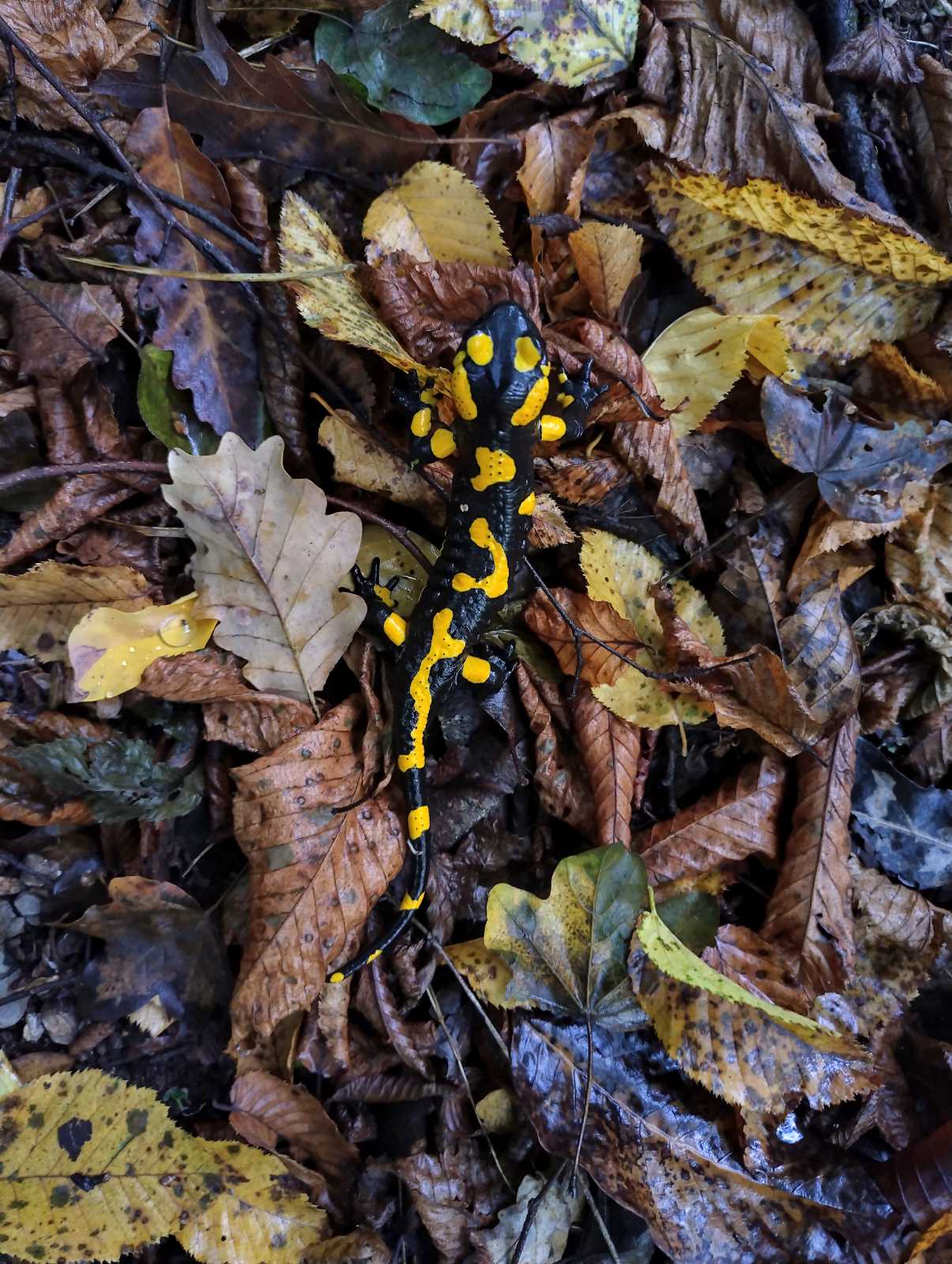Improving Natural Values in Protected Areas
2024-11-01 11:54:00

Belgrade, November 1, 2024 – As part of the project "EU for the Green Agenda in Serbia," the United Nations Development Programme (UNDP) announces the Second Challenge Call For Proposals for civil society organizations, to submit small-scale project proposals aimed at improving natural values and increasing climate change resilience, in protected areas within the Republic of Serbia.
This call targets civil society organizations focused on environmental protection and climate change, which are registered in the Republic of Serbia.
The objective of this call is to support civil society initiatives aimed at boosting biodiversity and strengthening ecosystem resilience in protected areas, to be implemented in cooperation with managers of protected areas and other relevant institutions and organizations.
The best proposals will receive financial support for their implementation.
The application deadline is Monday, December 2, 2024, by 5:00 PM.
Applications must be submitted exclusively online, by filling out the online form in Serbian available HERE.
In addition to the completed online form, supplementary documentation must be sent to the email address: zelena.agenda.rs@undp.org. For further inquiries, you can contact us via this email. More details can be found in the Application Guidelines (available in Serbian).
Through the first Challenge Call for Proposals for civil society organizations to improve natural values in protected areas from 2023, 13 projects were co-funded, which improved the conditions for the survival of numerous endangered wildlife species and plants in protected areas across Serbia. These projects were realised thanks to financial support from the European Union and Switzerland, amounting to a total of $190,000. More information about these projects can be found HERE.
This Challenge Call for Proposals is published as part of the project "EU for the Green Agenda in Serbia," which is implemented by UNDP, with technical and financial support from the European Union (EU) and in partnership with the Ministry of Environmental Protection, in cooperation with Sweden and the European Investment Bank (EIB), with additional financial support provided by the governments of Sweden, Switzerland, and Serbia.